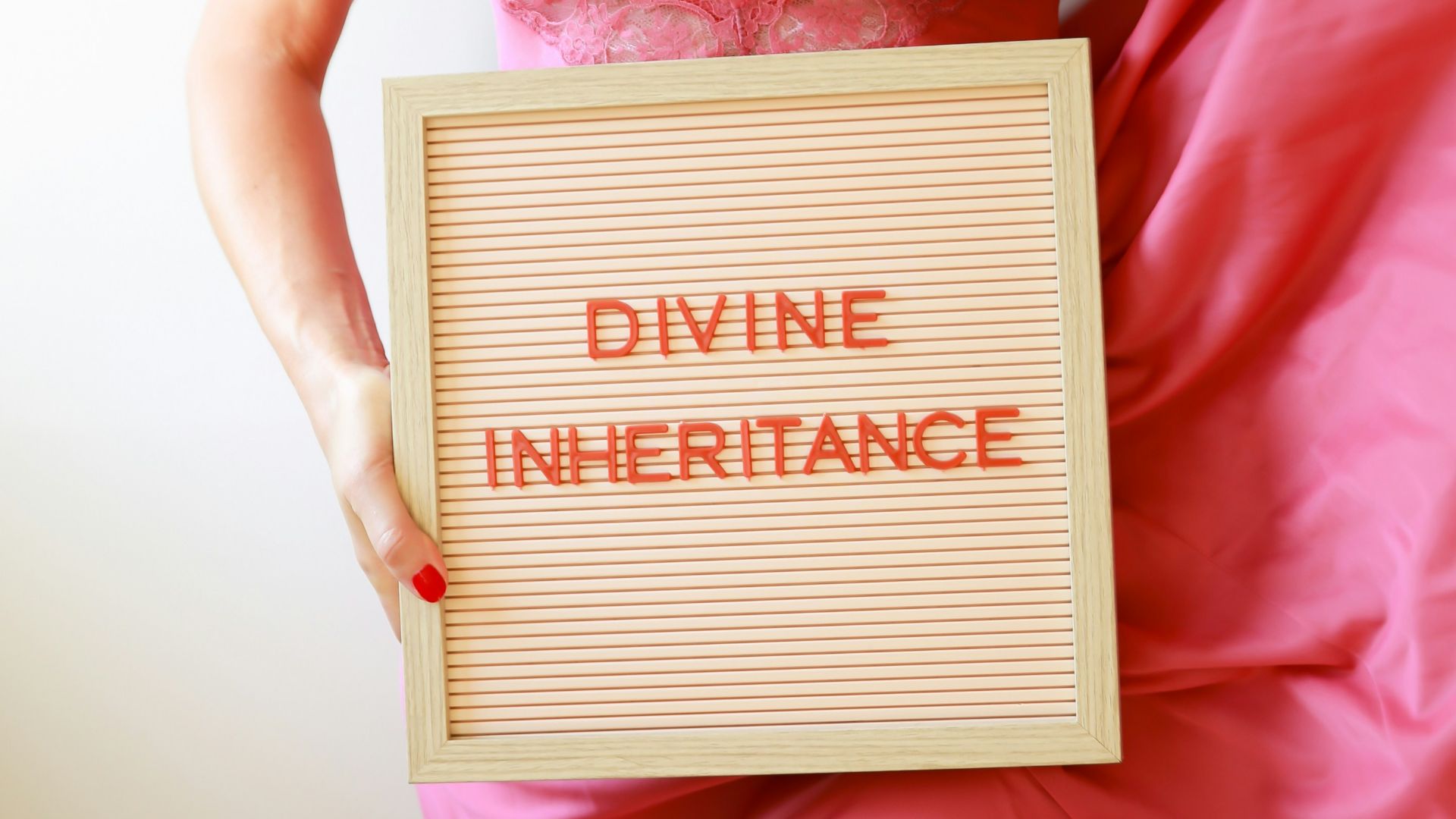Grandma Dropped You From The Will—Now What?
Your sister called you “ungrateful,” and suddenly Grandma cut you from her will. Ouch. That hurts emotionally, socially, and possibly financially too. But don’t give up hope. With the right steps, you can work to clear your name, repair the misunderstanding, and maybe even mend your relationship with Grandma—before things get legally or emotionally unfixable.

Take A Breath—This Isn’t The End
First things first: breathe. It’s natural to feel blindsided and betrayed, but reacting emotionally won’t help. Taking a calm, measured approach gives you the best chance of restoring relationships and clearing your name. A level head now could prevent years of emotional damage later. Think long-term, not just about the will, but your family legacy.
Understand The Power Of Perception
In families, perceptions often outweigh hard facts. Grandma might have heard something inaccurate or completely out of context. But if it emotionally resonated with her, it stuck. To fix this, you’ll need to understand the story she believes—and then reshape it. Think of this like a personal rebranding campaign, with empathy and consistency leading the charge.
Ask Yourself: What Might She Have Heard?
Before you can defend yourself, try to understand the rumor. Did your sister twist a comment or retell a story with a bitter spin? Even minor complaints or offhand remarks can grow into “proof” of ingratitude when repeated with bias. Knowing the narrative helps you craft the calm, clear truth you want her to see instead.
Talk To Your Grandma—Without Defensiveness
If she’s alive and mentally sound, talk to her. But ditch the accusations—come in with kindness. Say you love her and heard something may have hurt her. Ask, gently, if something changed. Let her talk. Your goal is connection, not confrontation. People open up when they feel heard, not attacked, especially when emotions run high.
Focus On Feelings, Not The Will
Don’t dive in asking about money. That makes you look exactly like what she might fear: someone who only cares about the inheritance. Lead with feelings. Say, “I feel like something came between us, and it hurts.” Once the emotional bond is repaired, the financial stuff might naturally work itself out—or at least feel less critical.
Keep Receipts (Just In Case)
You don’t need to start building a case like a lawyer, but it’s smart to quietly gather any evidence of your goodwill: texts, thank-you notes, birthday cards, photos. If you ever need to counter false narratives or pursue legal action, this kind of documentation shows consistent affection and effort. You’re proving your character, not just a moment.
Assess Your Sister’s Motives
This situation didn’t come from nowhere. Ask yourself why your sister would go to Grandma with this accusation. Is she competitive? Feeling insecure? Seeking more inheritance for herself? People’s actions usually reveal more about their fears than their truths. Understanding her motivations helps you protect yourself without escalating things into full-blown sibling warfare.
Stay Classy—Even If She’s Not
Tempting as it is to clap back, don’t engage in mudslinging. Fighting fire with fire just burns the whole family down. Keep your communication respectful, honest, and gracious. Eventually, others will see the contrast between your behavior and hers. Trust is rebuilt through consistent integrity, not revenge or righteous anger, however justified it may feel.
Involve A Neutral Party If Needed
If you can’t reach Grandma directly, loop in a neutral relative or family friend. Someone both sides respect—a cousin, an aunt, or even a spiritual advisor—might help open communication channels. It’s easier to clear your name when a trusted third party helps translate feelings and refocus the conversation away from blame and back toward healing.
Know Your Legal Options
If Grandma has passed and the will’s already filed, a probate attorney can walk you through your options. Contesting a will isn’t easy—you’ll need grounds like undue influence or fraud. But if your sister manipulated Grandma’s perception intentionally, you might have a case. Just remember, it’s a long road. Be prepared emotionally and financially.
But Seriously—Only Contest If You Must
Legal battles over estates can feel justified but rarely end well. They cost money, time, and often tear families apart permanently. Unless the situation is egregious—like clear fraud or manipulation—think hard before going that route. Make sure it’s about justice, not revenge. And know that “winning” in court doesn’t always mean peace in life afterward.
Consider Writing A Letter
A handwritten letter has emotional power. It gives you space to express your love, clarify misunderstandings, and show humility. Grandma can read it privately, without judgment or interruption. Even if she doesn’t respond, it plants a seed. A heartfelt letter can go deeper than words spoken in tension. It shows maturity, patience, and sincerity.
Do Some Reputation Rehab
If your name’s taken a hit, don’t panic—just rebuild, slowly. Reach out to family. Check in during holidays, be present for events, and stay kind. Let your actions do the talking. Over time, people will see your real character, and any false story your sister spread will start to lose credibility, one kind gesture at a time.
Think Beyond The Inheritance
Yes, being cut out hurts. But money isn’t the whole picture. Focus on your peace of mind, your relationships, and how you want to be remembered. Would you rather be known as the person who stayed graceful in chaos—or the one who let bitterness shape their identity? Your dignity is worth more than any dollar amount.
Don’t Let Money Poison The Family Tree
Inheritances bring out deep family wounds. But they don’t have to define your relationships. Don’t let resentment, greed, or vengeance take root. Whether or not you ever get a penny, how you handle this moment can model grace for the next generation. Be the adult who stops the cycle and makes the family tree stronger.
Protect Yourself For The Future
Now that you’ve experienced this drama firsthand, take steps to prevent it in your own life. Whether you’re creating your will, caring for a parent, or helping someone manage finances, be transparent. Document everything. Make your wishes clear. And communicate often so no one ever feels blindsided the way you just did.
Apologize If You Need To—Even If You Don’t Want To
Even if you didn’t mean harm, it’s possible Grandma took something personally. A simple, heartfelt apology—like “I never meant to hurt you, and I’m truly sorry if I did”—can open doors. Apologies aren’t always admissions of guilt. Sometimes they’re bridges between people who care about each other but got tangled in a misunderstanding.
Let Go Of What You Can’t Control
You can’t control what Grandma believes, what your sister said, or what the will says. But you can control your own integrity, your responses, and your peace of mind. Let go of obsessing over fairness. Focus instead on showing up with honesty, humility, and strength. That’s how you protect your legacy—even without an inheritance.
Remember: Legacy Is Bigger Than A Will
You weren’t born to chase someone else’s money. Your legacy is the sum of your choices, your kindness, and your resilience. Years from now, people won’t remember what you inherited. They’ll remember how you acted when things got messy. Be the one who walks away with dignity—and leaves a lasting impression built on character.
You May Also Like:
My father added his new wife to the deed and told me I'm no longer in the will. What can I do?
Forgotten Grocery Store Items You Used To See Everywhere
Fast Food Toys From The 80s And 90s That Are Collectible Gold


























